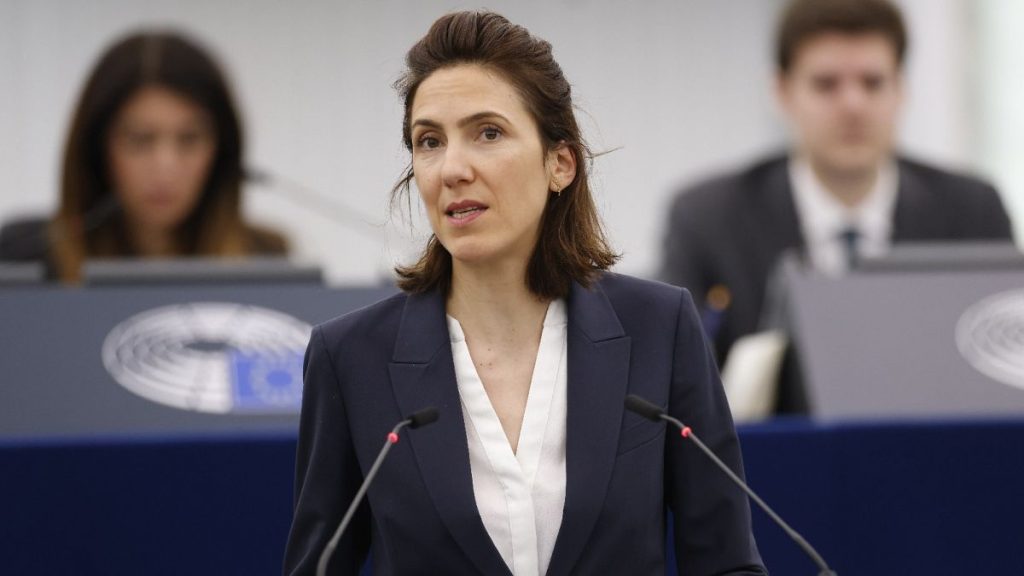The Dutch VVD party’s decision to form a coalition with a far-right faction has been met with disapproval by the leadership of the centrist Renew Europe group. Valérie Hayer, the group’s leader, expressed strong opposition to the VVD’s decision, stating that it goes against the group’s values. The VVD’s membership in the European Parliament’s centrist group will be put to a vote following EU-wide elections. Hayer emphasized the importance of collective responsibility in making decisions and stated that a vote will be held on June 10 in accordance with the group’s statutes.
The coalition agreement entered into by the VVD with the far-right PVV, center-right NSC, and populist BBB parties includes measures such as setting limits on asylum requests, tightening requirements for temporary residence permits, and extending the standard naturalization period to 10 years. Hayer condemned the coalition deal, arguing that it contradicts the values that the centrist group upholds, such as the rule of law, the economy, climate, and European cooperation. She expressed her belief that the VVD’s alliance with the far-right faction is unacceptable and does not align with the group’s values of respecting the cordon sanitaire against the far right.
Despite the upcoming European elections and the potential for the VVD to lose its place in the centrist group, Hayer remained firm in her stance against working with parties that do not align with the group’s values. Renew Europe is projected to lose seats in the election, while the far-right ID group, of which PVV is a member, is expected to gain influence. Hayer’s national party, Renaissance, is facing competition from the far-right Rassemblement National in domestic polls in France. She made it clear that she would never associate herself politically with the extreme right and emphasized the importance of upholding values and principles in political alliances.
The upcoming European elections are expected to have significant implications for the composition and dynamics of the European Parliament. Despite the potential growth of far-right groups like the ID group, centrist parties like Renew Europe are determined to uphold their values and principles. Hayer reiterated her commitment to ensuring that the values of the centrist group are respected, especially in dealing with alliances with far-right parties. The VVD’s decision to form a coalition with the PVV and other factions has sparked controversy and raised questions about the party’s place in the centrist group following the elections.
Hayer’s strong stance against working with the far-right and her condemnation of the VVD’s coalition deal reflect the ongoing debates and divisions within European politics. The clash between centrist, far-right, and other political factions underscores the complexities and challenges of navigating political alliances and upholding values in a diverse and evolving political landscape. As the European elections approach, the decisions made by parties like the VVD and reactions from leaders like Hayer will shape the future direction of European politics and the dynamics within the European Parliament.













